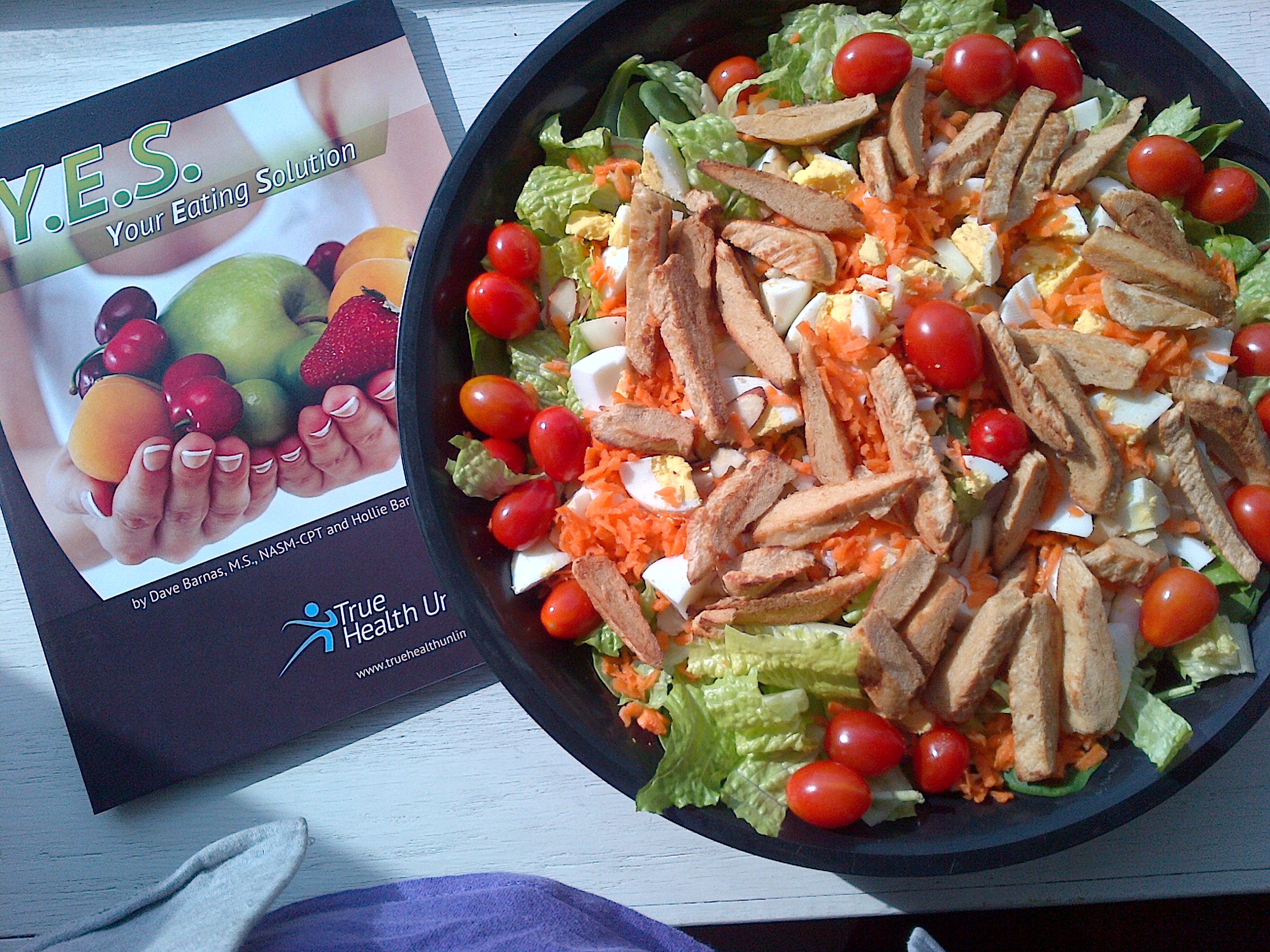 Did you know that two people can eat exactly the same thing and one will reach their weight loss goals while the other may not? Several studies have shown that even with exactly the same diet, people can differ in both the speed and amount of weight loss[i] And even more interesting, these studies compared identical twins following the same exercise program!
Did you know that two people can eat exactly the same thing and one will reach their weight loss goals while the other may not? Several studies have shown that even with exactly the same diet, people can differ in both the speed and amount of weight loss[i] And even more interesting, these studies compared identical twins following the same exercise program!
Brief Summary of Twin Studies:
Sets of twins followed same low-calorie diet and exercise program for 93 days.
All sets lost weight.
Within each twin set, weight loss was similar.
Within the entire group of twin sets, however, some sets lost weight more easily. To give you a range, one group lost an average of 2 pounds and another shed 18 pounds, [ii]
All twin sets then participated in a fitness program burning 1,000 calories a day.
Again, some sets lost weight more easily.[iii]
These identical twin studies show that genetics play a very powerful role in weight loss and that willpower alone does not explain the reason for differences in weight loss.
Exposing the Lean Body Secret
For those of you struggling with weight loss, genetics and other factors (environment, job, emotional states, etc.) do affect results. Regardless of the various factors, what seems to be proven over and over is that folks who stay consistent with their weight loss efforts will lose weight; some just take more time.
Exposed secret: Lean is possible for everyone, but it cannot be achieved by following the same recommended diet and fitness plan as somebody else. A personalized approach is best.
For those of you in the slower weight loss category, I have some good news. Better success can be had by finding new and delicious substitutions with lower carbohydrate, lower calories, yet higher nutrient dense meals.
The secret to becoming lean is staying consistent by finding meals you like and substituting them for a meal or snack that might be derailing you from your health or weight loss goals.
This personalized substitution approach is the key to consistency and results. Following this personalized substitution approach helps you overcome the normal judgments of not feeling like you’re achieving your goals fast enough just because you aren’t achieving them at the same pace as someone else. This approach will help you become your best self.
Fitting it into Your Life

Recently, in an attempt to incorporate a personalized substitution approach, I asked my wife to help me create a higher protein, higher nutrient dense meal with less carbs and less gluten (my digestive system has become more sensitive to gluten through time). We opened Y.E.S.© and researched the recommended carbohydrate and protein tables to help us find the highest nutrient, yet lowest carbohydrate fruits, vegetables, and proteins. With a little bit of Hollie’s cooking skills, we discovered two very healthy, tasty, and personalized meals!

The great news about personalized substitution is that not only does it help you become leaner, but it is fun because you get to create what you enjoy! Creating new and interesting combinations as shown can also provide additional health benefits. Not only will you continue to get lean through time but you will also gain overall energy and improved well being as your body receives optimal vitamins and nutrients.
References:
[i] E.A. Sims, E. Danforth, Jr., E..S. Horton, G.A., A. Bray, J.A. Glennon, and L.B. Salans, “Endocrine and Metabolic Effects of Experimental Obesity in Man,” Recent Progress in Hormonal Research 29 (1973), 457-496; C. Bouchard, A. Tremblay, J.P. Despres, G. Theriault, A. Nadeau, P.J. Lupien, et al., “The Response to Exercise with Constant Energy Intake in Identical Twins,” Obesity Research 2 )1994), 400-410.
[ii] C. Bouchard, A. Tremblay, J.P. Despres, A. Nadeau, P.J. Lupien, G. Theriault, et al., “The Response to Long-Term Overfeeding in Identical Twins,” The New England Journal of Medicine 322 (1990), 1477-1482.
[iii] C. Bouchard, A. Tremblay, J.P. Despres, A. Nadeau, P.J. Lupien, G. Theriault, et al., “The Response to Exercise with Constant Energy Intake in Identical Twins,” Obesity and Research 2. (1994), 400-410.
Get Your on Inspired Living™ plus the Real Food Therapy Guide
Download Today!




